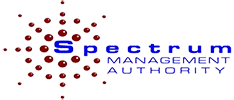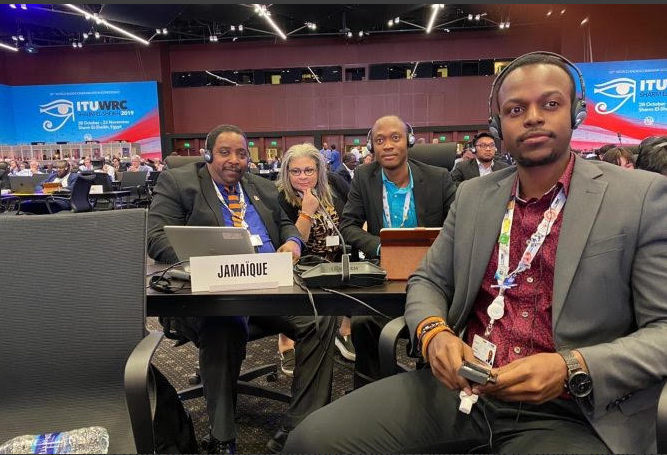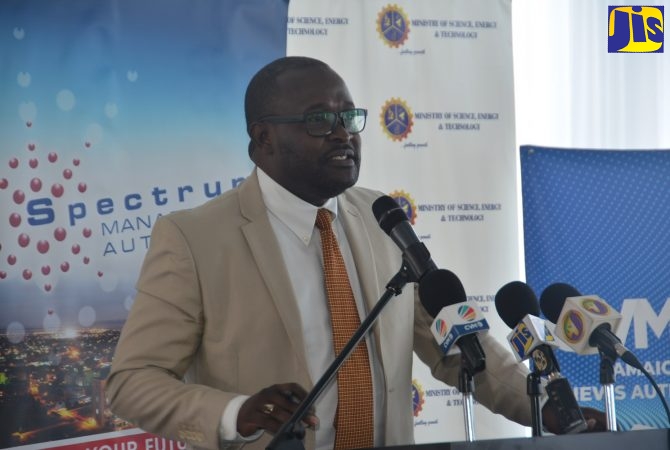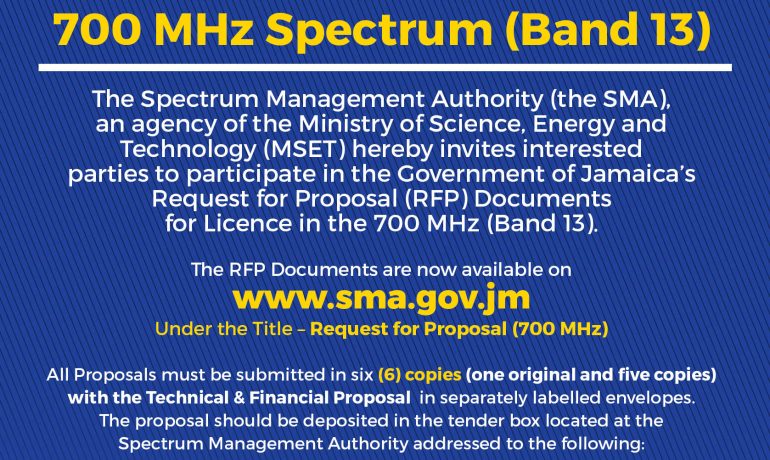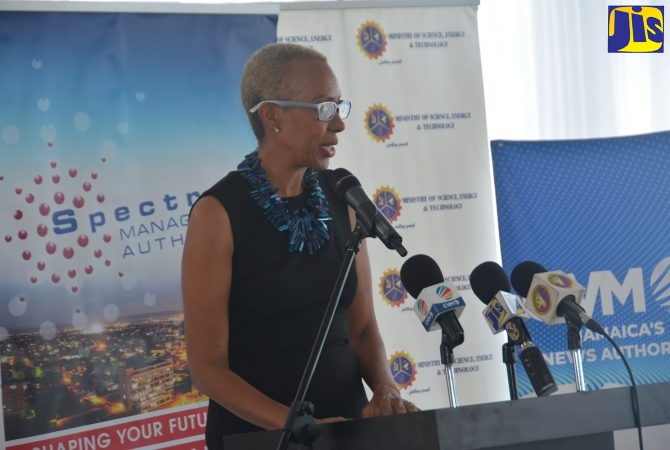The Spectrum Management Authority (SMA) is launching its online Radio Technician Licence (Class B) course and is inviting suitable candidates to apply for the programme, in keeping with requirements of the Radio and Telegraph Control Act (1974).
“The Radio Technician course is a qualification course stipulated by the Radio and Telegraph Control Act (1974) where all persons responsible for repairing, installing and maintaining radio apparatus are required to possess a Radio Technician Licence,” Managing Director of SMA, Dr. Maria Myers Hamilton, told JIS News.
Dr. Myers Hamilton explained that one of the roles of the SMA is to provide training for radio technicians, so that they may be granted a licence by the Postmaster General as per the recommendation of the SMA, after completing the necessary hours of courses and assessments.
“We experienced a hiatus in the programme and the current pandemic has also impacted some of our plans. However, we are launching the course via our learning management system. We are targeting providers of telecommunications services, cable operators, operators of expansive wireless networks and broadcasters of radio and television,” she shared.
Dr. Myers Hamilton noted that the online course is being offered free for the first cohort in light of the coronavirus pandemic and, as such, entities should make use of the opportunity and have their technicians trained and licensed.
“The course is self-paced to allow for flexibility. It is open to persons with relevant work experience in the telecommunications field or certification in a course with similar content. The duration of the course is 105 hours (five hours per week for 21 weeks or seven hours per week for 15 weeks),” she informed.
Dr. Myers Hamilton explained that the course is designed to equip participants with the relevant knowledge to function effectively and efficiently in carrying out their assigned tasks as radio technicians.
“The course will cover both theoretical and practical concepts relating to the Principles of Electricity, Theory of Radio and Cable and Fibre Optics. Upon completion, participants should be able to solve practical problems and use appropriate scientific and engineering models for analysis and prediction. The course assessment will rely on a combination of coursework (60 per cent) and one final exam (40 per cent),” she added.
Prior to the SMA being the primary administrator of the course, the University of Technology (UTech) administered the required examination leading to the granting of the Radio Technician’s Licence through a Memorandum of Understanding (MOU) signed in 2007.
Two cohorts were trained under that agreement.
Dr. Myers Hamilton noted that over the years, the buy-in from industry stakeholders has been weak, so the Authority is ramping up its sensitisation session in response to this.
“We envision that the course will be beneficial to all participants, because given our mandate to manage the spectrum efficiently and to ensure that interference is kept at a minimum, we have seen over the last five years where the number of reported cases of harmful interference has a correlation with shoddy workmanship in the field. We, therefore, anticipate that getting more persons enrolled in the course will increase the cadre of certified radio technicians, leading to a reduction in the cases of harmful interferences due to poor workmanship and the inability to troubleshoot,” she said.
Dr. Myers Hamilton highlighted that some interferences to the radio waves are internal; however, clients may report it as an external interference, because some technicians lack the training to successfully troubleshoot these issues internally.
“We are urging our stakeholders to have their technicians trained and licensed because it is stipulated by the law, and, additionally, this will enhance their operations and set them aside as industry leaders,” she said.
Dr. Myers Hamilton said that interested persons/entities can email info@sma.gov.jm and the SMA will contact them and arrange for their enrolment in the programme.
The Spectrum Management Authority (SMA) is the regulatory body responsible for managing the Radio Frequency (RF) portion of the electromagnetic spectrum in Jamaica. The Authority operates within the legislative framework as established by the Telecommunications Act, 2000 and the Radio and Telegraph Control Act, 1973.
The Radio Technician Licence is issued by the SMA on behalf of the Postmaster General in keeping with the relevant sections of the mentioned Acts. Before the establishment of the SMA in 2001, the Radio Technician Licence was issued by the Post and Telecommunications Department, now Jamaica Post.
WRITTEN BY: COLLEEN DAWKINS
Article taken from: jis.gov.jm

